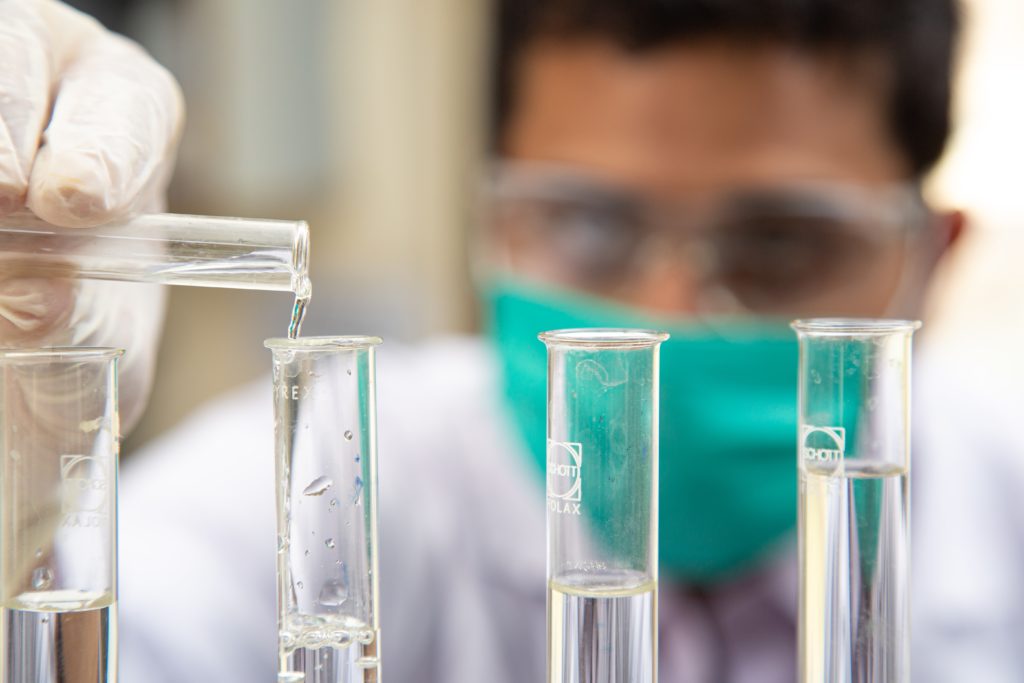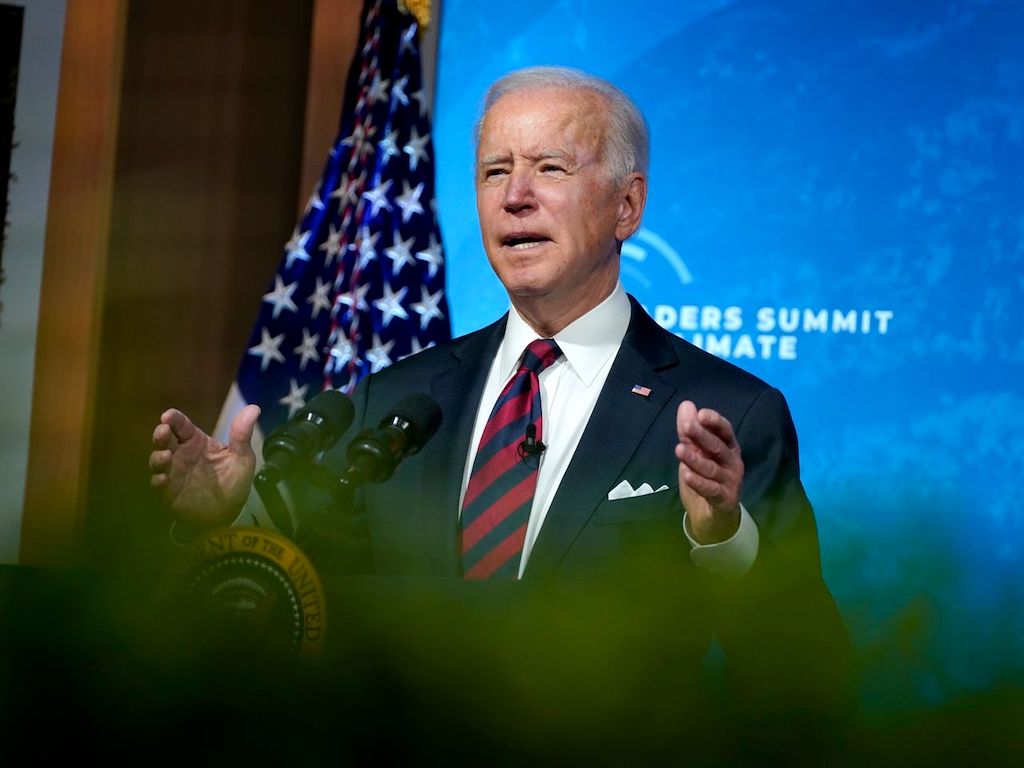Biden’s Biotech Moonshot Lights the Way for Regulatory Approval of Cultivated Meat
4 Mins Read
Biotech is a priority for the Biden Administration, as the President signed an executive order earlier this week implementing support for the emergent category. Funding amounts were not disclosed but Biden says biotech holds the potential to fight cancer and make alternatives to emissions-producing products including oil-based chemicals, plastics, and textiles, as well as animal-free meat and dairy products.
Calling it a cancer ‘moonshot’, at the John F. Kennedy Presidential Library in Boston earlier this week, he compared biotech to the former president’s moon landing initiative. Biden says he hopes to cut cancer deaths by 50 percent over the next quarter-century.

“Today I’m setting a long term goal for the Cancer Moonshot – to rally American ingenuity, we engage like we did to reach the moon, but actually cure cancers…once and for all,” Biden said. The president’s son Beau died of brain cancer in 2015 at age 46.
“Today’s action is going to ensure that America leads the world in biotechnology and biomanufacturing, creating jobs, reducing prices, strengthening supply chains so we don’t have to rely on anywhere else in the world,” Biden said.
Biotech revolution
In a press call with White House staff, a senior administration official said the announcement and order come as the global industry is “on the cusp of a revolution powered by biotechnology.”
“Analyses and facts suggest that before the end of the decade, engineering biology holds the potential to be used in manufacturing industries that account for more than one third of global output. That’s equivalent to almost $30 trillion in terms of value, the White House official said.
“Living factories — cells — and biomass can be used to make almost anything that we use in our day-to-day lives, from medicines to fuels to plastics. And this allows the U.S. to leverage innovation — this innovation — to strengthen our economy and society.”

The administration says it’s also looking to improve food security and drive agricultural innovation, “including through new technologies that protect crops from disease, enhance seeds and fertilizers and foods made with cultured animal cells.”
Dr. Michelle McMurry-Heath, president & CEO of the Biotechnology Innovation Organization, welcomed the move.
“We commend the administration for launching this initiative, particularly the actions to streamline regulatory regulations for biotechnology products, expand market opportunities for biobased products, work for international alignment of regulatory standards, and invest in training and education pathways to ensure an adequate, diverse biotech workforce,” McMurray-Heath said in a statement.
Biotech ag
“This announcement puts in place steps that will help the soy industry continue to use soybeans to develop innovative, sustainable products that can help lower greenhouse gas emissions and create more jobs for not only agriculture but all Americans,” American Soybean Association President Brad Doyle said in a statement.
“We are also pleased to see included measures that support agricultural biotechnology regulatory reform, along with quite a few other provisions.”

The move is also expected to speed regulatory approval for cultivated meat in the U.S and around the world. The industry raised $1.38 billion last year, according to the Good Food Institute. Last year saw the launch of more than 100 cultivated meat and seafood startups—a number up nearly 25 percent over 2020. Twenty-five countries now have at least one cultivated meat company.
U.S.-based Upside Foods, which has raised more than $600 million and is now valued at more than $1 billion, opened a $50 million California factory last year that it says can produce 400,000 pounds of cultivated meat per year. Currently, only Singapore has approved the sale of cultivated meat products for Bay Area’s Eat Just Good Meat.



